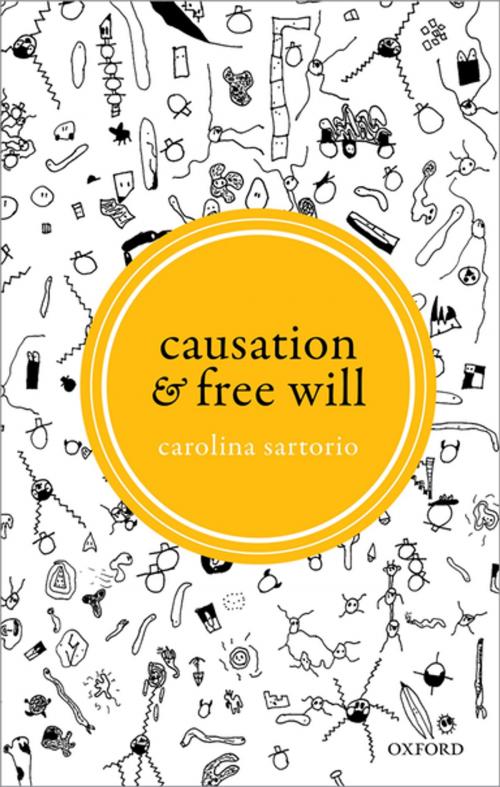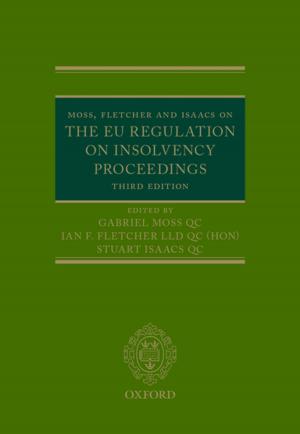Causation and Free Will
Nonfiction, Religion & Spirituality, Philosophy, Metaphysics, Ethics & Moral Philosophy| Author: | Carolina Sartorio | ISBN: | 9780191063770 |
| Publisher: | OUP Oxford | Publication: | March 3, 2016 |
| Imprint: | OUP Oxford | Language: | English |
| Author: | Carolina Sartorio |
| ISBN: | 9780191063770 |
| Publisher: | OUP Oxford |
| Publication: | March 3, 2016 |
| Imprint: | OUP Oxford |
| Language: | English |
Carolina Sartorio argues that only the actual causes of our behaviour matter to our freedom. Although this simple view of freedom clashes with most theories of responsibility, including the most prominent 'actual sequence' theories currently on offer, Sartorio argues for its truth. The key, she claims, lies in a correct understanding of the role played by causation in a view of that kind. Causation has some important features that make it a responsibility-grounding relation, and this contributes to the success of the view. Also, when agents act freely, the actual causes are richer than they appear to be at first sight; in particular, they reflect the agents' sensitivity to reasons, where this includes both the existence of actual reasons and the absence of other (counterfactual) reasons. So acting freely requires more causes and quite complex causes, as opposed to fewer causes and simpler causes, and is compatible with those causes being deterministic. The book connects two different debates, the one on causation and the one on the problem of free will, in new and illuminating ways.
Carolina Sartorio argues that only the actual causes of our behaviour matter to our freedom. Although this simple view of freedom clashes with most theories of responsibility, including the most prominent 'actual sequence' theories currently on offer, Sartorio argues for its truth. The key, she claims, lies in a correct understanding of the role played by causation in a view of that kind. Causation has some important features that make it a responsibility-grounding relation, and this contributes to the success of the view. Also, when agents act freely, the actual causes are richer than they appear to be at first sight; in particular, they reflect the agents' sensitivity to reasons, where this includes both the existence of actual reasons and the absence of other (counterfactual) reasons. So acting freely requires more causes and quite complex causes, as opposed to fewer causes and simpler causes, and is compatible with those causes being deterministic. The book connects two different debates, the one on causation and the one on the problem of free will, in new and illuminating ways.















